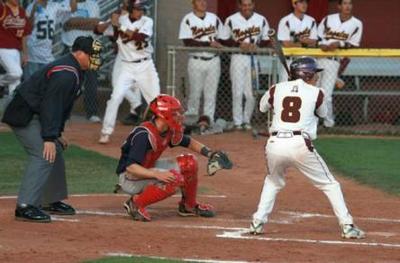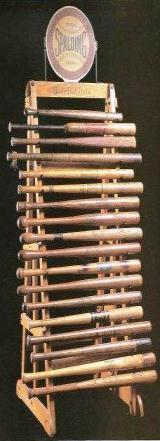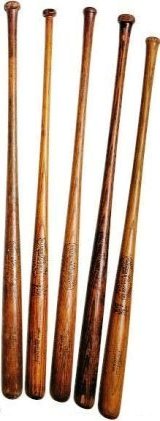Game ending play
by Paul Begg
(Adelaide, Australia)

Paul asked: The scores are tied in the bottom of the last inning, with a runner at third.
The pitcher pitches a low inside pitch to the batter which turns the batter and the catcher misses.
The catcher heads toward the backstop and trips on the batters foot while the runner from third scores.
The umpire does not call interference and both umpires begin to leave the diamond when the visiting manager approaches them to enquire about the interference.
The umpires then decide to call interference and the game ends in a draw.
Are the umpires correct in making this call? Or should the run count as they did not call interference at the time of the play?
Thank you, Paul Begg.
Rick answered: Paul, thank you for your question.
From the rule book, offensive interference is an act (physical or verbal) by the team at bat:
a. which interferes with, obstructs, impedes or confuses any fielder attempting to make a play;
Batting infractions - A batter shall not:
Art 1...The batter must keep at least one foot in the batter's box throughout the time at bat.
Exception: The batter may leave the batter's box when:
a. the batter swings at the pitch
b.the batter is forced out of the box by the pitch
c.the batter attempts a drag bunt
d. the pitcher or catcher feints or attempts a play at any base
e...
f...
g...
h.the catcher does not catch the pitched ball
Where does all that put us in this situation?
Let's go through step by step:
When the pitcher threw the low inside strike to the batter, if it looked like the ball was going to hit him, the batter has an obligation to get himself out of the way.
When you said the pitch turns the batter, it sounds like he moved to avoid getting hit.
At the same time, the catcher was unable to stop, or catch the pitch, and it went to the backstop.
The catcher, on his way to the backstop, trips over the batters foot, the run scores.
The batter in this situation has the right to be outside of the batter's box, to get out of the way of the pitch.
He also has a right to be in the batter's box, if he doesn't need to get outside of it to keep from being hit.
It is at this point that it becomes umpire judgement. Did the batter intentionally impede the catcher's attempt to retrieve the ball.
In real time, apparently the umpire did not think so, as they ended the game and were leaving the field.
The only way they should over rule themselves is if they felt they did not see something that occured.
The home plate umpire can ask his partner for help; but is not required to. He can stand on his judgement as he saw it.
If he asked and his partner said the batter intentionally impeded the catcher, then he would be compelled to reverse his call.
The second umpire cannot offer up his opinion without being asked by the umpire who made the initial call.
If the opposing coach asked the base umpire if there was interference, and the base umpire said yes; but the home plate umpire ignored it and ended the game, that is correct procedure.
Probably not recommended procedure; but proper.
I would bet this one became quite exciting before it was over. So much of it hinges on whether the batter intentionally impeded the catcher, and whether the plate umpire actually saw any of it.
Quite often the plate umpire, in a situation such as this, is scrambling for position also, and can miss pieces of the action. That is why they have the option to ask for help. They don't always take advantage of that help.
The only way they could change the call, once they had ended the game, is if the plate umpire asked his partner for help and the partner said the batter intentionally interfered. The call would then have to change.
Yours in baseball,
Rick
Click here to post comments
Join in and write your own page! It's easy to do. How? Simply click here to return to Ask The Baseball Coach.
|





